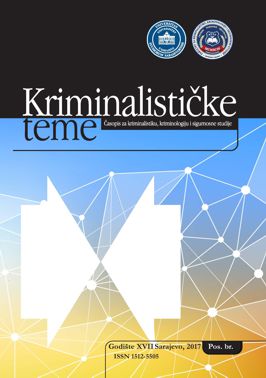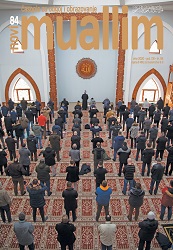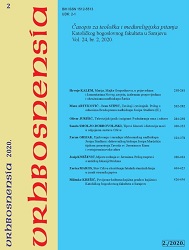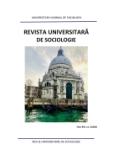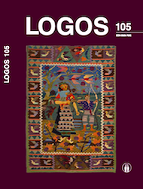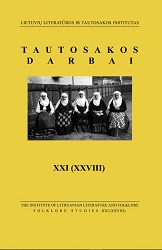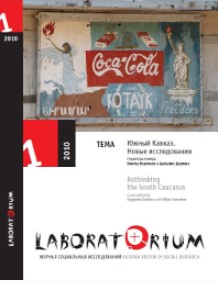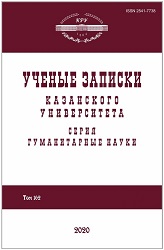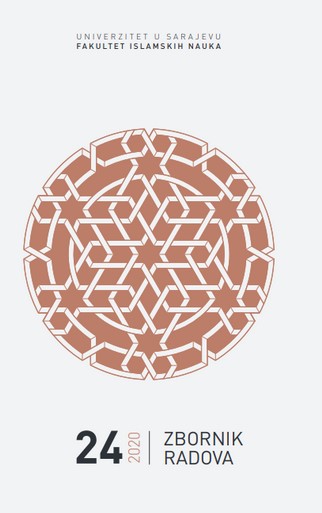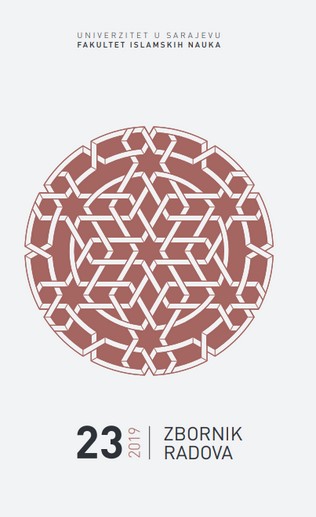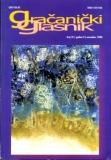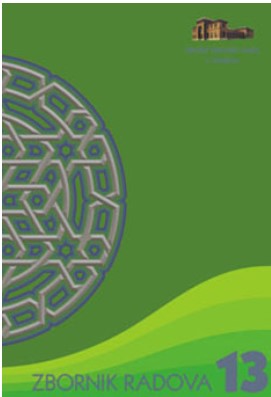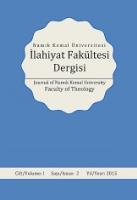
MUHYÎ-İ GÜLŞENÎ’NİN SİRET-İ MURÂD-I CİHÂN’INDA MEDENÎ HİKMET TASAVVURU
The two most important representatives of the tradition of political philosophy,coming from Aristotle to Nasîruddin Tûsî are Kınalızâde Ali Efendi and Muhyî-îGülşenî in the world of Ottoman ethical-political thought. Both of them penned works that based on Ahlâk-ı Nâsırî of Tûsî. Sîret-i Murâd-ı Cihân which is a work of Muhyî-î Gülşenî, by following its previous accumulation, places the human nature in the source of practical philosophy. From this point of view, it evaluates the fundamental problem of politics as social acts of the people and as maturity processes of these acts. It refers to the necessary social organizations for the maturation of the people and to the necessary principles for the formation of these. It emphasizes that the management criteria of this city is thinking-centered by putting forward the idea of virtuous city from inside of the various community and city organizations. This study aims at clearing up how an Ottoman thinker approaches to the relationships between the ruler and the ruled from the angle of practical philosophy, layers of the society, regimes and to Gülşenî’s traces of the main themes of political philosophy.
More...
